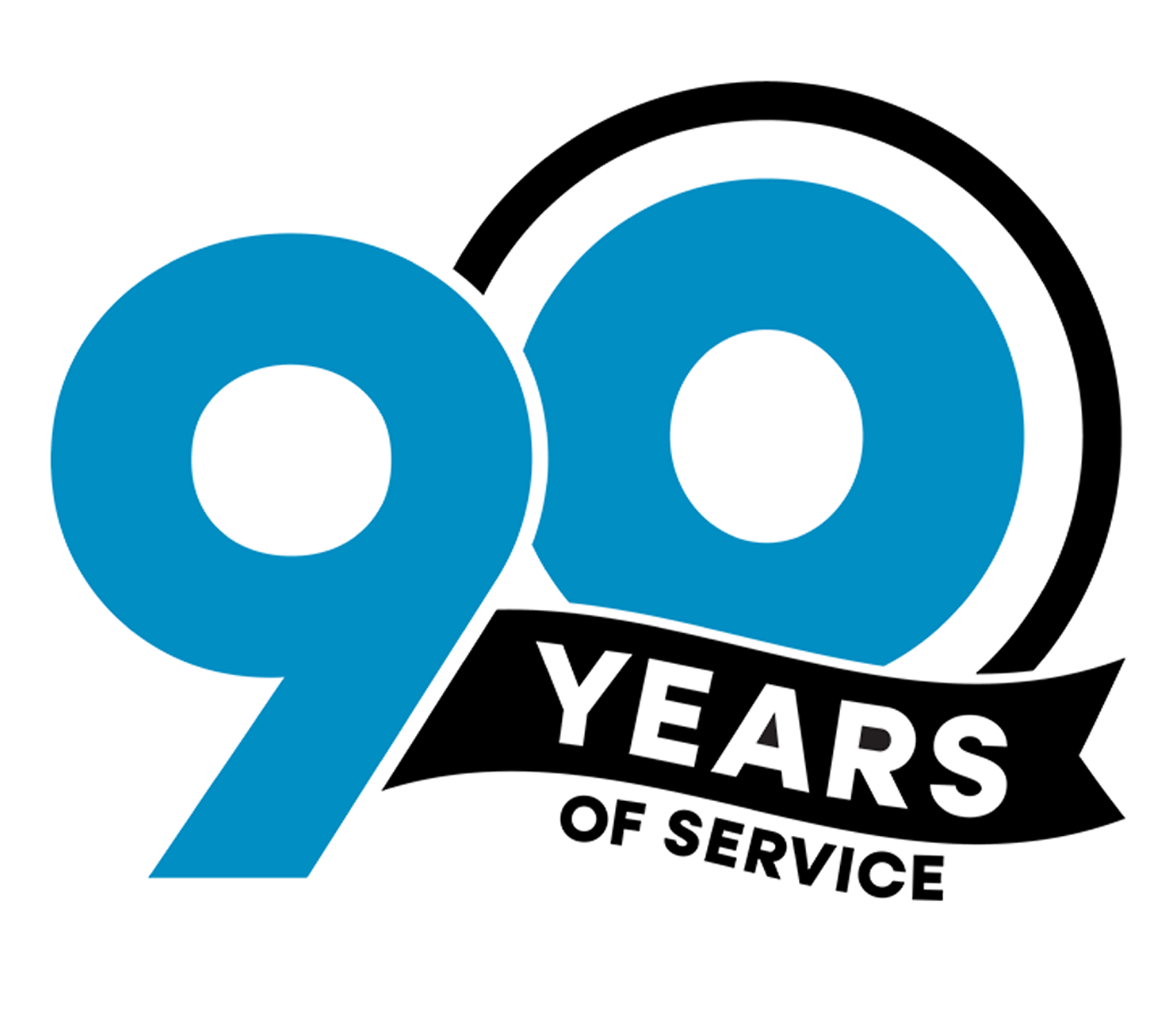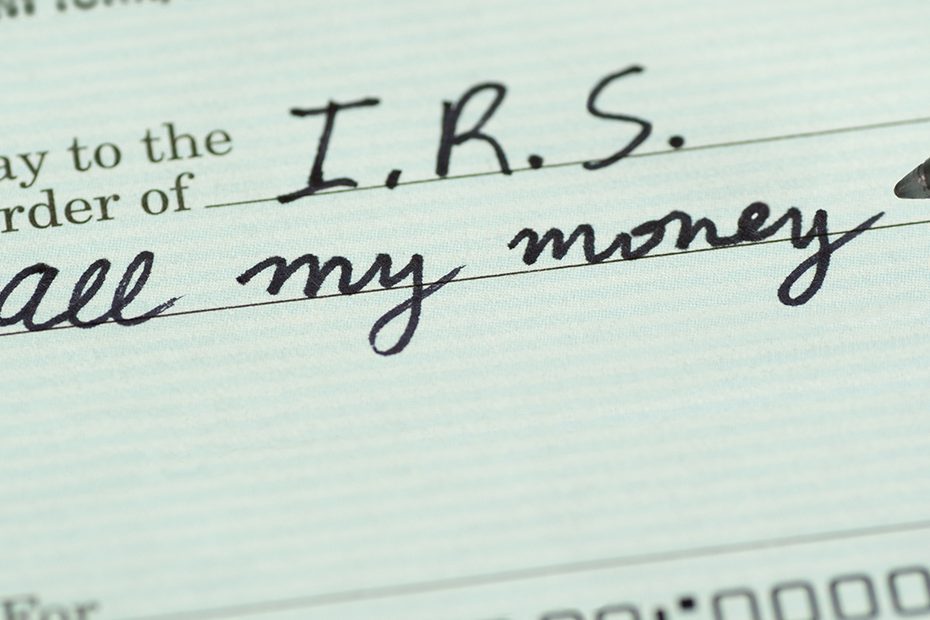Uh oh. You owe taxes? Discovering that you owe money to the IRS is never a welcome surprise. Here’s a look at 10 common events that could leave you without a refund:
1. Under-withholding from Your Paycheck
Under-withholding is the #1 reason individuals owe taxes. This occurs when not enough tax is taken out of your paychecks throughout the year. If you haven’t updated your W-4 form after a major life change, income adjustment, or second job, you might find yourself in this situation. Submit a new W-4 and be sure to check the multiple jobs worksheet or the IRS Tax Estimator if you or your spouse have more than one job.
2. Freelance or Gig Income
Freelancers and gig economy workers are responsible for paying their own taxes. The trouble is those wages (which are reported in a 1099) are not taxed in advance. What’s more, those who expect to owe $1,000 or more must pay estimated taxes quarterly. If you underpay your quarterly taxes, you will owe the IRS the remaining balance when filing your annual tax return. If you freelance or do gig work, it’s wise to set up a savings account with an automatic deposit to set aside funds for quarterly or annual taxes.
3. Self-Employment Tax
If you are an independent contractor or own a small business, you’ll also need to pay quarterly estimated taxes to avoid a big tax bill come April. In addition to that, you may owe self-employment tax (which also applies to freelancers). Self-employment tax covers your Medicare and Social Security taxes. If you were a W-2 employee, these taxes would be withheld for you. If you are self-employed, you’ll need to pay them yourself.
4. Unreported or Underreported Income
All income, including wages, tips, and earnings from investments, must be reported on your tax return. Forgetting to include some sources of income, such as earnings from a side job or interest from savings accounts, can result in owed taxes.
5. A Higher Tax Bracket
If you got a pay bump in the previous year (congratulations!), that pay raise could put you in a higher tax bracket. That means your tax liability could go up. If you don’t adjust your tax withholding, you could end up with a bigger tax bill at the end of the year. That bigger paycheck could also disqualify you for the Earned Income Tax Credit (EITC)—but more on that in a minute.
6. Changes in Tax Laws or Loss of Deductions
Tax laws evolve, and deductions or credits you counted on in previous years may be reduced or eliminated. For instance, if your salary increases and your Adjusted Gross Income (AGI) is too high, you may not qualify for the EITC. Or, if your child is now over the age of 17, you may no longer qualify for the child tax credit.
7. Capital Gains
Selling investments or property for a profit generates capital gains, which are taxable. If you’ve sold stocks, real estate, or other assets at a gain and didn’t set aside money for taxes, you might face a tax bill.
8. Withdrawals from Retirement Accounts
Early withdrawals from retirement accounts, such as an IRA or 401(k), are taxable. Occasionally, those withdrawals also incur additional penalties. Some exceptions allow for penalty-free withdrawals, but you still have to pay taxes on that income.
9. Unemployment Income
Unemployment benefits are considered taxable and you can choose to have taxes withheld from your unemployment check. If you opt not to, you may be hit with a big bill once you file your return in the spring.
10. FSA or HSA Changes or Contributions
Flexible Spending Accounts (FSAs) and Health Savings Accounts (HSAs) are valuable tools for managing healthcare expenses, but changes in contributions or usage can impact your tax situation. If you recently reduced the amount you contribute to one of those accounts, that will increase your taxable income. Additionally, if you’ve made non-qualified withdrawals from your HSA or used FSA funds for ineligible expenses, you could face tax consequences.
What to Do if You Owe Taxes
Unfortunately, if you owe taxes, you need to pay them. Failure to pay can result in some hefty penalties. If you can’t afford to pay, it is still important to file your taxes by the April 15, 2024, deadline. If you don’t, you’ll be hit with failure to file penalties—which could cost you a lot more than late payment fees. When you file, you can apply for a short-term or long-term payment plan to help spread out the cost. And—just a reminder—an extension only provides you additional time to submit your return. Any taxes you owe are still due on tax day.
Paying taxes is never pleasant. To avoid issues in the future, stay up to date with tax laws and monitor your tax liability and withholding—especially if you experience major life changes. If necessary, adjust your withholding. If you need to make quarterly tax payments or expect to pay a lot in the coming year, consider setting up a high-yield savings account. High-yield savings accounts—like a money market account—are perfect for short-term savings goals because they offer liquidity. You can also set up automatic transfers from your checking account to streamline your contributions so you don’t have to think about it later.

